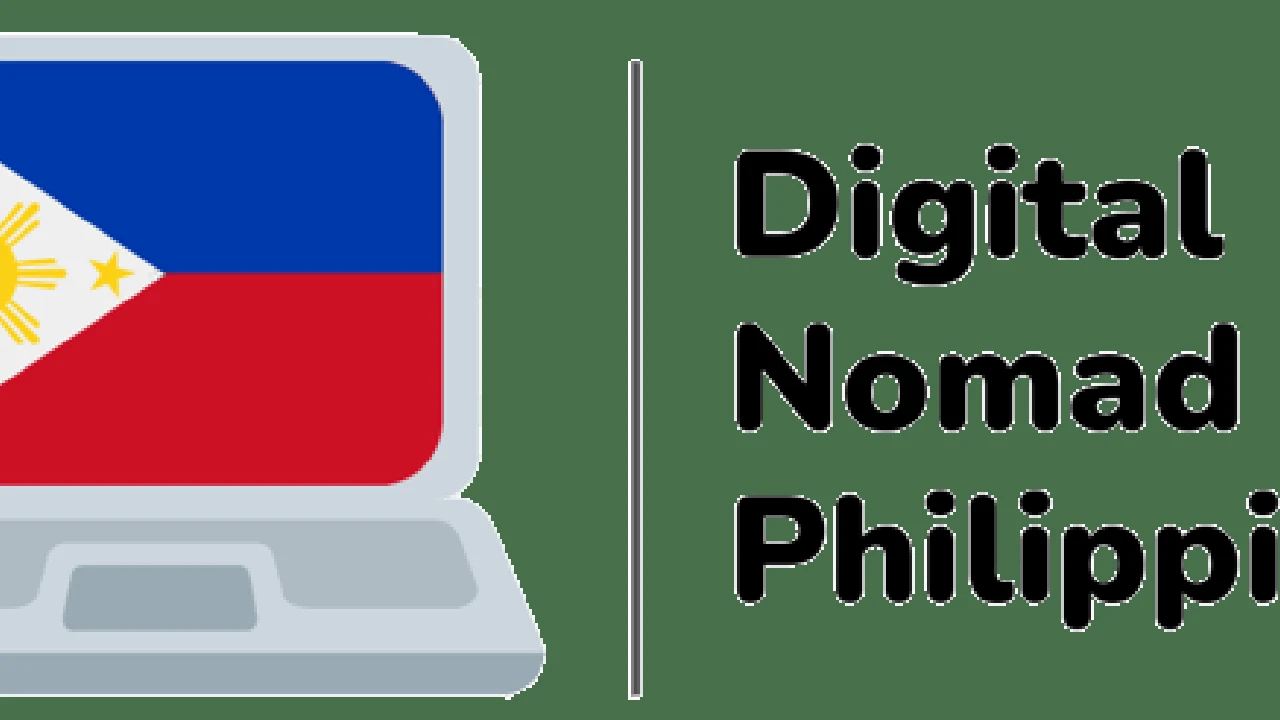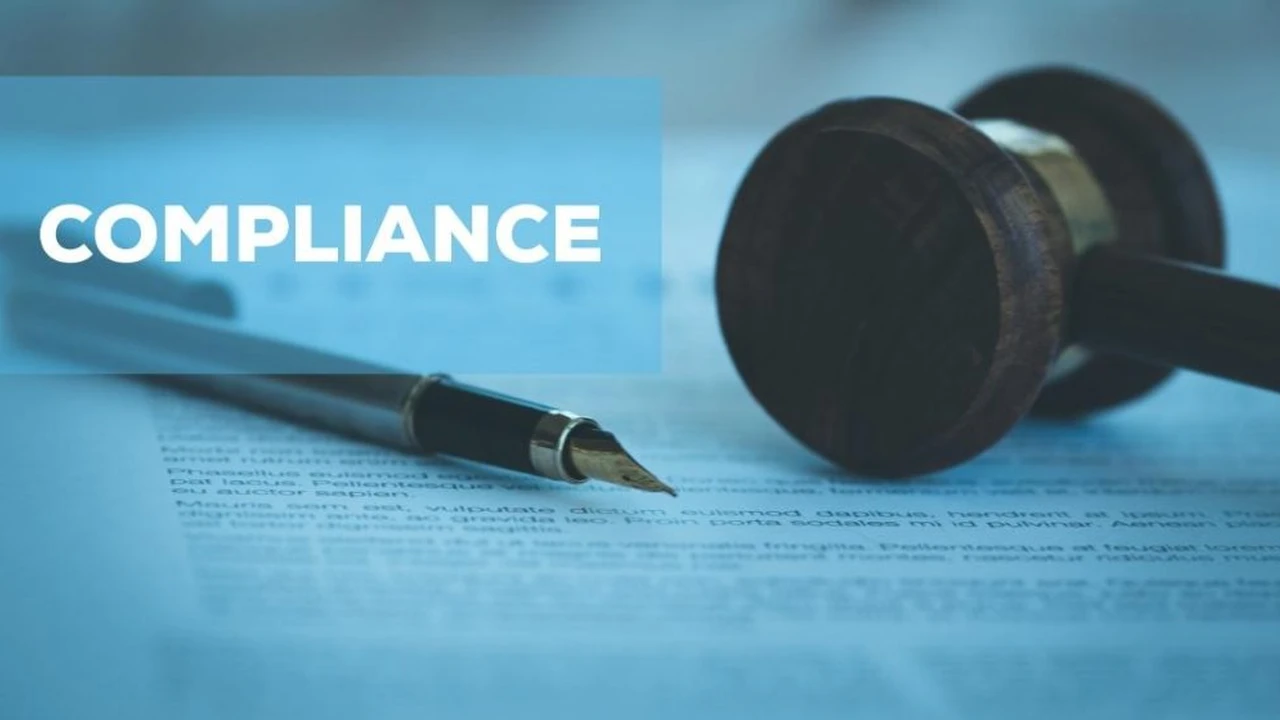Philippines Digital Nomad Visa
The Philippines offers a vibrant culture and stunning natural beauty for digital nomads. This guide explores visa options, application processes, and the unique experiences available. Learn how to make the most of your remote work adventure in the Philippines.

Why the Philippines Attracts Digital Nomads: Visa Options and More
So, you're thinking about the Philippines as your digital nomad base? Awesome choice! Picture this: stunning beaches, delicious food, friendly locals, and a relatively low cost of living. But before you pack your bags and book that one-way ticket, let's talk about the not-so-glamorous, but super important, stuff: visas. Navigating the Philippine visa system can feel like wading through a tropical jungle, but don't worry, I'm here to be your guide.
Understanding Your Visa Options: A Philippine Visa Overview for Remote Workers
The Philippines, unfortunately, doesn't have a specific \"Digital Nomad Visa\" like some other countries. But don't let that discourage you! There are still several viable options for staying long-term and legally working remotely. Let's break them down:
- Tourist Visa: This is the easiest entry point. US citizens can typically enter the Philippines visa-free for up to 30 days. You can extend this visa for up to 59 days at a time, for a maximum stay of one year. Important Note: You *cannot* legally work while on a tourist visa. This is a grey area, and many nomads do it, but be aware of the risks.
- 9(g) Pre-Arranged Employment Visa: This is the official work visa. It requires a Philippine-based employer to sponsor you. While this isn't ideal for most digital nomads, it's an option if you find a company willing to hire you. The process is lengthy and can be expensive.
- Special Resident Retiree's Visa (SRRV): If you're over 50 and have a certain amount of savings, this visa might be for you! It allows you to live and retire in the Philippines. While it doesn't explicitly allow you to work, it's often used by older digital nomads who have passive income.
- Student Visa: Enrolling in a short-term language course or other educational program can allow you to obtain a student visa. This isn't a long-term solution, but it can buy you some time to explore other options.
Deep Dive into the Tourist Visa: Extensions and Considerations for Digital Nomads
Let's focus on the tourist visa, as it's the most common starting point for digital nomads. Here's what you need to know:
- Initial Entry: US citizens typically get a 30-day visa-free entry. Make sure your passport is valid for at least six months beyond your intended stay.
- Extending Your Visa: You can extend your tourist visa at any Bureau of Immigration (BI) office. It's best to do this a few days before your current visa expires.
- Extension Fees: Expect to pay around PHP 3,000-4,000 (approximately $50-70 USD) per extension. Fees can vary slightly depending on the BI office.
- Maximum Stay: You can generally extend your tourist visa for a maximum of one year. After that, you'll need to leave the country and re-enter.
- Visa Runs: Many digital nomads do \"visa runs\" to neighboring countries like Malaysia, Vietnam, or Singapore to renew their tourist visas. This can be a fun way to explore other parts of Southeast Asia!
Application Process: Step-by-Step Guide to Extending Your Philippine Tourist Visa
Extending your tourist visa is generally straightforward. Here's a step-by-step guide:
- Visit the Bureau of Immigration (BI): Find the nearest BI office. Major cities like Manila, Cebu, and Davao have BI offices.
- Fill Out the Application Form: Obtain and complete the visa extension application form.
- Submit Required Documents: You'll need your passport, a photocopy of your passport's bio page and latest arrival stamp, and the completed application form.
- Pay the Fees: Pay the required fees at the cashier.
- Wait for Processing: The processing time can vary depending on the BI office. It usually takes a few hours to a day.
- Claim Your Passport: Once your visa is approved, you'll receive your passport with the extended visa.
Staying Compliant: Avoiding Visa Issues and Legal Troubles in the Philippines
It's crucial to stay compliant with Philippine immigration laws. Here are some tips:
- Don't Overstay Your Visa: Overstaying can result in fines, detention, and deportation.
- Be Honest About Your Activities: While many nomads work remotely on tourist visas, avoid explicitly stating this to immigration officials.
- Keep Copies of Your Documents: Always keep copies of your passport and visa in a safe place.
- Respect Local Laws: Be aware of and respect Philippine laws and customs.
Alternative Visa Strategies: Exploring Other Options for Long-Term Stays
If you're looking for a more stable long-term solution, consider these alternatives:
- Working with a Philippine Company: If you have skills that are in demand, try finding a Philippine company that will sponsor you for a 9(g) work visa.
- Investing in a Business: Investing in a Philippine business can qualify you for a special investor's visa.
- Marriage to a Filipino Citizen: Marriage to a Filipino citizen can lead to permanent residency.
Recommended Travel Insurance for Digital Nomads in the Philippines: Prioritizing Your Health
Healthcare is essential. Given the variable infrastructure across the Philippines, having robust travel insurance is key. Here are a few options:
- SafetyWing Nomad Insurance: Popular among digital nomads, offering comprehensive coverage including medical, travel delays, and lost luggage. Starting around $45 USD per month.
- World Nomads: Offers a range of plans covering medical emergencies, evacuation, and activities. Prices vary based on coverage level and duration.
- IMG Global Medical Insurance: Provides international medical insurance for individuals and families. Offers customizable plans to fit your needs.
Banking Options for Digital Nomads in the Philippines: Managing Your Finances
Opening a local bank account can simplify your finances. Here are some popular banks:
- BDO Unibank: One of the largest banks in the Philippines, offering a wide range of services.
- Metrobank: Another major bank with branches throughout the country.
- Security Bank: Known for its customer service and innovative products.
Cost of Living in the Philippines: Budgeting for Your Digital Nomad Lifestyle
The Philippines is generally more affordable than Western countries. Here's a rough breakdown of monthly expenses:
- Accommodation: $300-800 USD (depending on location and type of accommodation)
- Food: $200-500 USD
- Transportation: $50-150 USD
- Entertainment: $100-300 USD
- Visa Extensions: $50-70 USD per extension
This means you can comfortably live in the Philippines for around $700-1800 USD per month, depending on your lifestyle.
Navigating Philippine Culture: Tips for Respectful Travel and Integration
Understanding and respecting Philippine culture is key to a positive experience. Here are some tips:
- Learn Basic Tagalog Phrases: Even a few basic phrases like \"Magandang araw\" (Good day) and \"Salamat\" (Thank you) will be appreciated.
- Dress Respectfully: Especially when visiting churches or temples.
- Be Mindful of Your Volume: Avoid loud talking or arguing in public.
- Show Respect to Elders: Use \"po\" and \"opo\" when speaking to elders as a sign of respect.
- Be Patient: Things often move at a slower pace in the Philippines.
Top Destinations for Digital Nomads in the Philippines: Finding Your Perfect Spot
The Philippines offers a diverse range of destinations for digital nomads. Here are a few popular choices:
- Manila: The bustling capital city, offering a vibrant nightlife and plenty of co-working spaces.
- Cebu: A major hub with beautiful beaches, historical sites, and a growing digital nomad community.
- Siargao: A surfer's paradise with stunning beaches and a laid-back atmosphere.
- Palawan: Home to some of the most beautiful islands in the world, including El Nido and Coron.
- Davao: A safe and clean city with a rich cultural heritage.
Co-working Spaces in the Philippines: Boosting Productivity and Networking
Here are a few co-working spaces to consider:
- Clock In (Manila): Modern facilities and a central location.
- The Company Cebu (Cebu): Offers a collaborative environment and stunning views.
- Siargao Island Co-working (Siargao): Perfect for digital nomads who love surfing.
So there you have it – a comprehensive guide to navigating the Philippine visa landscape as a digital nomad! While there's no dedicated digital nomad visa, with careful planning and the right strategy, you can legally and enjoyably base yourself in this beautiful country. Good luck and Mabuhay!
:max_bytes(150000):strip_icc()/277019-baked-pork-chops-with-cream-of-mushroom-soup-DDMFS-beauty-4x3-BG-7505-5762b731cf30447d9cbbbbbf387beafa.jpg)






